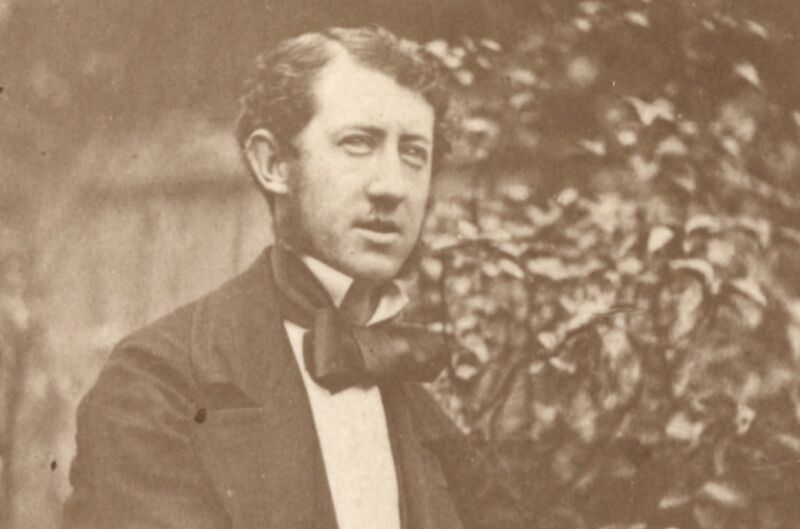-
chevron_right
Success is contagious - so I’m rooting for the African countries throwing off European rule | Nels Abbey
news.movim.eu / TheGuardian · Tuesday, 2 January - 09:00
The recent coups and subsequent pacts in Mali, Niger and Burkina Faso are a source of hope in a sea of landlocked hopelessness
- What brought us hope and joy in 2023? Writers share their stories
The 140th anniversary of a critical moment in human history will be marked on 15 November 2024. And the odds are that it will conveniently go unnoticed. On an unremarkable Saturday morning in 1884, people in Africa woke up thinking of breakfast, or perhaps their business for the day. But unbeknown to them, a select group of representatives of various European powers had woken up in Berlin, thinking of how and what Africans would think, how they would live and behave, and who they, their land and their resources would be owned by for the next several years.
This gathering resulted in the carving up of Africa into European properties and would come to be known as the Berlin conference. For the Europeans involved, it marked a huge stride forward. For the Africans it was a catastrophe, one that still plagues and shapes their lives today.
Nels Abbey is a writer, broadcaster and former banker
Continue reading...
